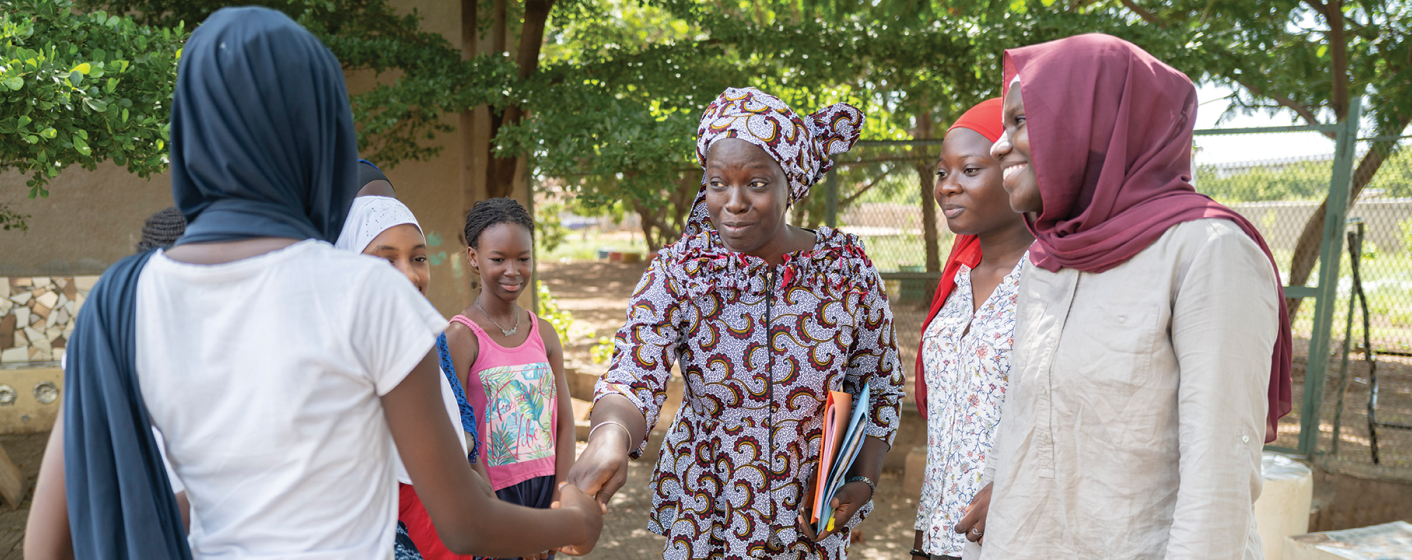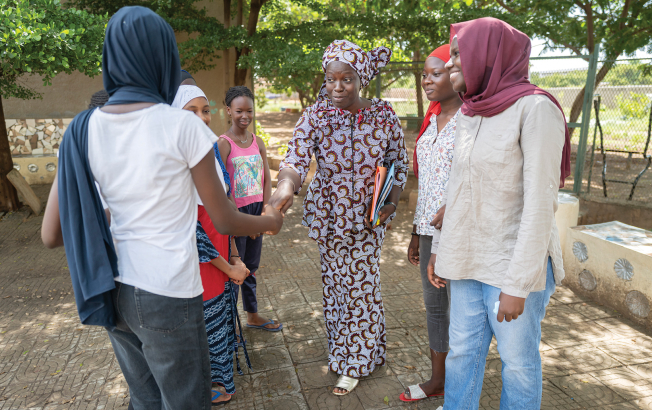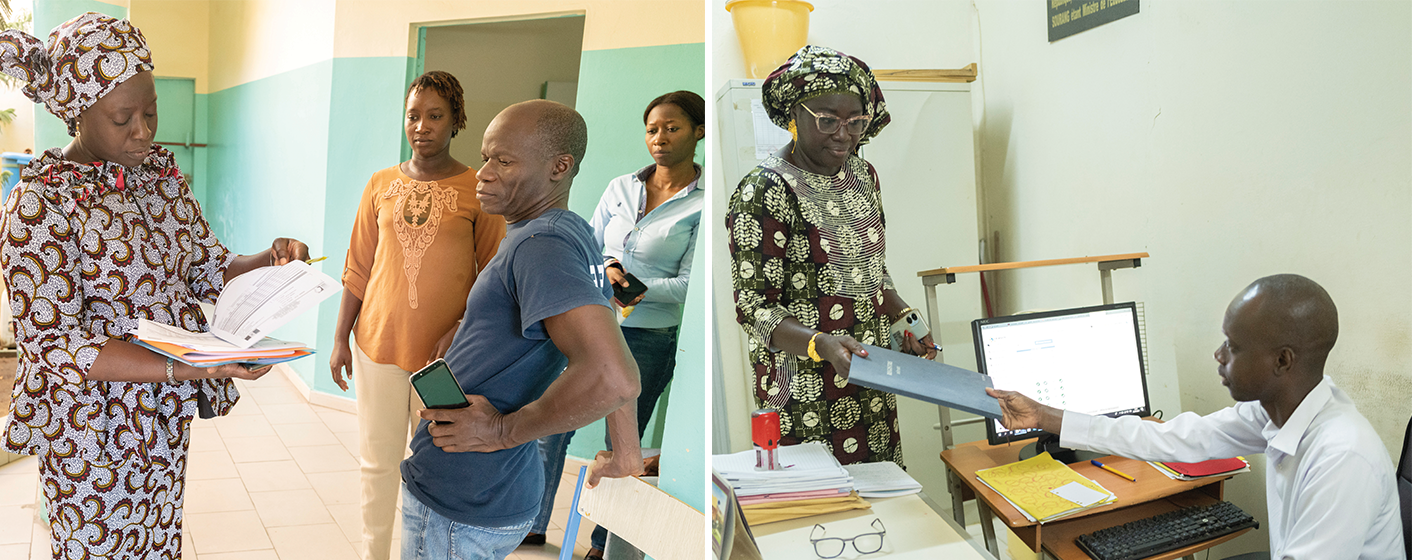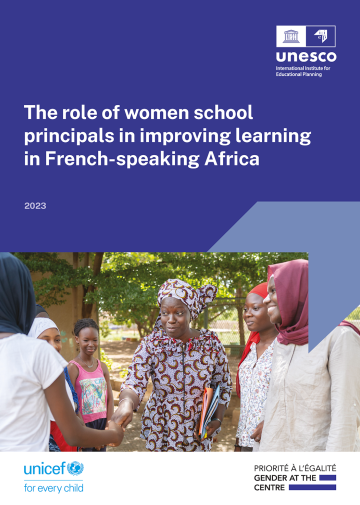The role of women school principals in improving learning in French-speaking Africa
The UNESCO International Institute for Educational Planning (IIEP-UNESCO) has recently published a study that examines the link between the gender of school leadership and student performance in reading and mathematics in fourteen Francophone African countries. This study, conducted as part of the Women in Learning Leadership (WiLL) program under the Gender at the Centre Initiative (GCI) and UNICEF Innocenti, highlights the influence of women school principals on the educational environment.
Women school principals are likely to play a central role in shaping the school environment. They can have a substantial impact on various aspects, from teacher performance to parental engagement and student motivation. However, despite these significant aspects, it is striking to note that the influence of the gender of school leadership remains understudied. This gap contrasts with the many pieces of evidence of the positive impact of female leadership in other fields, such as health, politics, and business.
The IIEP-UNESCO Dakar study is based on 2019 PASEC data collected in 14 Francophone African countries. It provides a representative sample of the student population at the national level. Significant gender disparities exist in school leadership. In some countries, such as Burkina Faso, Côte d'Ivoire, Mali, and Togo, there is only one female principal for every ten male principals. These inequalities are not reflected in the same way among teachers. Senegal stands out with a particularly low rate of women school principals, with only 10.7% of students enrolled in schools led by women, well below the regional average of 22%. These women principals often work in urban environments, more developed areas, and in schools better equipped, catering to students from higher socioeconomic backgrounds.




